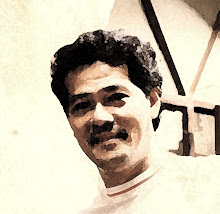Crime by adolescents has long been a problem. For years many social scientists used what might be called a socioeconomic explanation of juvenile crime. Most juvenile crime, they argued, was committed by young city males from low-income families. They explained that crime was a means of survival and a way to both increase self-respect among peers and fight back against the cruel society. Later, the social scientists added a psychological twist to their theory. They said, crime by adolescents from fatherless homes was especially high.
Both the poverty theory and the absent-father theory have supporters. But the many males from low-income families where the father is absent, who do not commit crimes indicate that the theories are incomplete. In addition, there have been increases in the juvenile crime rate in wealthy communities.
There are other ways to explain juvenile crime. One is alienation from the society in which they live. Alienation means being cut off from society and not accepting society's norms, or standards of behavior. Some social scientists see the main cause of crimes as coming from within the individuals who commit these crimes. Others find the main cause in society. Most include both social and psychological factors in explaining juvenile crime.
Some offer psychological explanations: "Some people have violent personalities." Others give social explanations: "We live in a violent society."
It is clear that explaining adolescent crime is difficult. Preventing it is even more difficult.








5 comments:
Very interesting post.
Is vandalism a form of juvenile crime?
Although most vandals are young people, adults do willful destruction or defacing of properties, too, and it's a crime.
At one point in my life as a teen-ager, I had my share of being a vandal!
Ooopsss, may naalala ako tungkol sa entry na 'to!
This touched a very sensitive part of my past. Huwag mo nang itanong! I don't dwell in the past.
Post a Comment